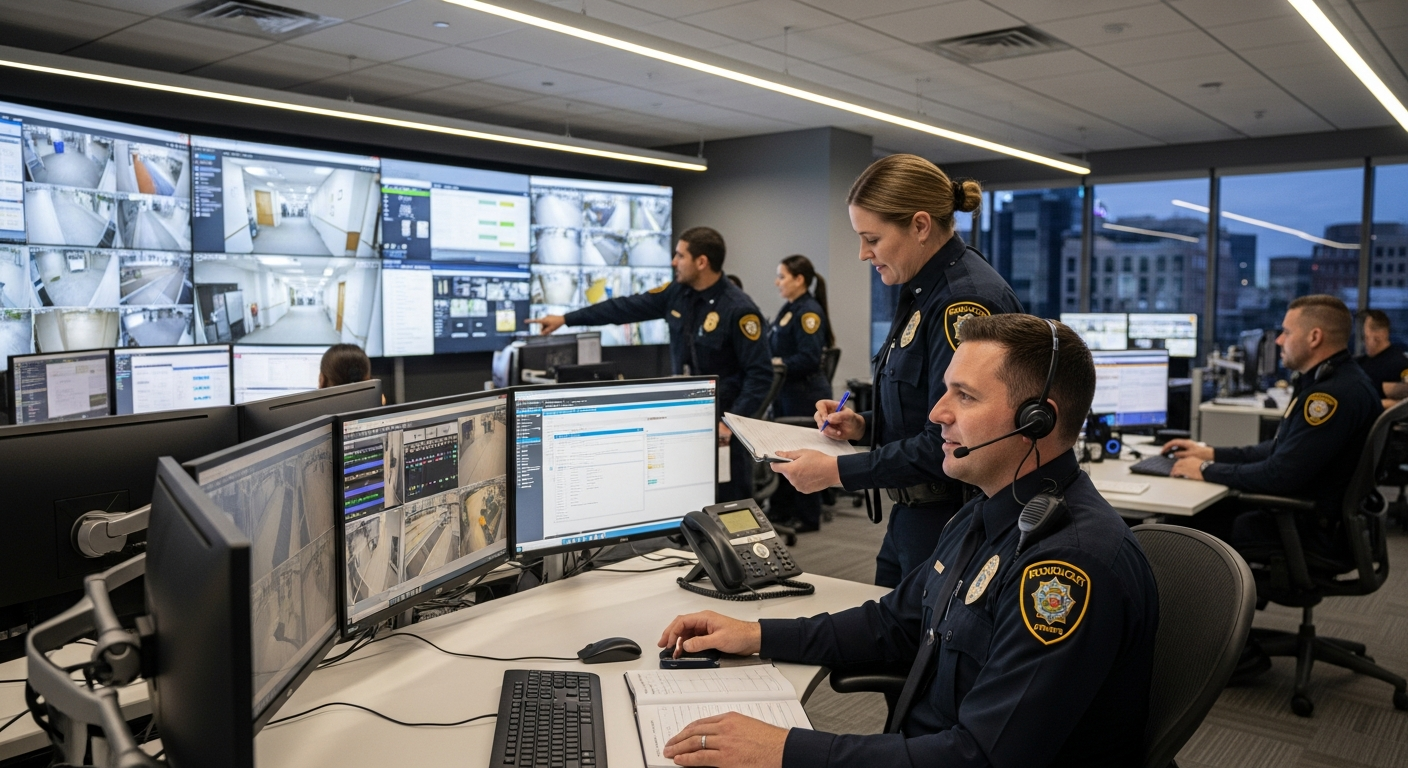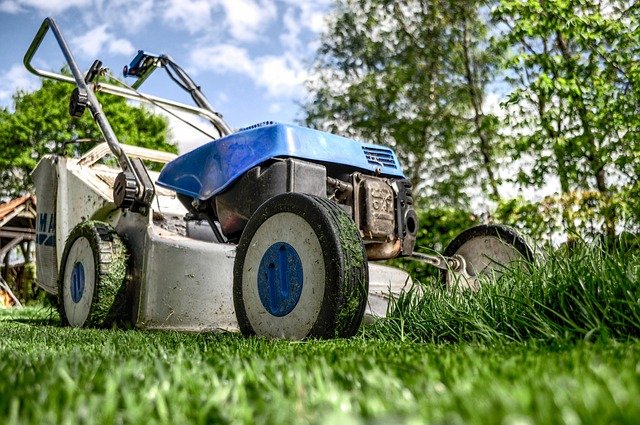Career in cleaning company in the UK: how to start, what to know, and what to expect
The cleaning industry in the UK employs over 700,000 people and contributes significantly to the economy. Whether you're considering a temporary position or looking to build a long-term career, the cleaning sector offers various entry points and progression opportunities. With relatively low barriers to entry and increasing professionalism across the industry, cleaning jobs can provide stable employment with flexible working patterns and the potential for advancement into supervisory and management roles.

Entry options, training formats, and first steps in the UK cleaning sector
Getting started in the UK cleaning industry doesn’t typically require formal qualifications, making it accessible to people from various backgrounds. Many employers provide on-the-job training, particularly for entry-level positions such as general cleaners in offices, hotels, or residential settings. The most common entry routes include:
-
Direct application to cleaning companies
-
Registration with recruitment agencies specializing in cleaning staff
-
Apprenticeships in cleaning and environmental services
-
Entry-level positions in facilities management
While not mandatory, certain training certifications can enhance your prospects. The British Institute of Cleaning Science (BICSc) offers recognized qualifications like the Cleaning Professional Skills Suite, which covers essential techniques and health and safety practices. For those interested in specialized cleaning roles, such as industrial or biohazard cleaning, additional training through organizations like the National Carpet Cleaners Association (NCCA) or specific hazardous materials handling courses may be required.
First steps typically involve researching local cleaning companies, preparing a CV that highlights relevant skills (attention to detail, time management, physical stamina), and being prepared to start with part-time or temporary positions that can lead to more stable roles.
Typical shift patterns, workplace settings, and how responsibilities grow
The cleaning industry is known for its varied working patterns, which can be both a benefit and a challenge. Common shift patterns include:
-
Early morning shifts (5-9 am) for office cleaning before businesses open
-
Evening shifts (6-10 pm) after workplaces close
-
Night shifts in 24-hour facilities like hospitals and airports
-
Daytime shifts in retail environments, schools, and domestic settings
-
Weekend work across various settings
Workplace environments are equally diverse. You might find yourself working in corporate offices, healthcare facilities, educational institutions, hospitality venues, residential properties, or industrial settings. Each environment comes with specific cleaning protocols, equipment, and challenges.
As you gain experience, responsibilities typically expand beyond basic cleaning duties. Progression often follows this pattern:
-
General cleaner performing basic tasks under supervision
-
Specialized cleaner focusing on specific areas (carpet cleaning, window cleaning)
-
Team leader overseeing a small group of cleaners
-
Supervisor managing multiple teams across sites
-
Site or operations manager handling contracts and client relationships
Additional responsibilities may include inventory management, training new staff, implementing quality control measures, and contributing to health and safety compliance. Many cleaners also develop expertise in specific cleaning technologies or specialized equipment operation.
Skills that employers value and paths toward progression
Successful cleaning professionals possess a combination of technical skills and personal attributes that employers consistently value. These include:
-
Attention to detail and thoroughness
-
Time management and ability to work efficiently
-
Physical stamina and dexterity
-
Knowledge of cleaning chemicals and their appropriate usage
-
Equipment maintenance and proper utilization
-
Understanding of health and safety regulations
-
Communication skills for interacting with clients and colleagues
-
Problem-solving abilities for addressing unexpected challenges
-
Reliability and punctuality
-
Initiative and self-motivation
Career progression in the cleaning sector can follow several paths. The most common route is moving into supervisory positions, which typically requires demonstrating leadership abilities and organizational skills. Many supervisors begin as general cleaners and advance through consistent performance and reliability.
Further career development opportunities include:
-
Specialization in technical cleaning areas (industrial, biohazard, high-level disinfection)
-
Quality control and compliance roles
-
Training and development positions
-
Contract management
-
Business development and client relationship management
For those with entrepreneurial ambitions, the cleaning industry also offers pathways to business ownership. Many successful cleaning company founders started as cleaners themselves before establishing their own operations, often beginning with residential cleaning contracts before expanding into commercial sectors.
Professional development can be supported through further qualifications such as:
-
BICSc Licenced Assessor certification
-
NVQs in Cleaning and Support Services
-
Management certifications through the Institute of Leadership and Management
-
Health and safety qualifications like NEBOSH
Employment conditions and advancement opportunities
The cleaning sector offers varying employment arrangements, from part-time and zero-hour contracts to full-time permanent positions. Entry-level cleaning positions typically pay around the National Living Wage, with rates increasing based on experience, specialization, and location. London and the Southeast generally offer higher compensation compared to other regions.
Many cleaning professionals find advancement by moving between companies to gain diverse experience. Others develop specialized expertise in niches such as healthcare cleaning, hazardous materials handling, or heritage property maintenance, which command higher pay rates and offer greater job stability.
The industry also presents opportunities to transition into related fields such as:
-
Facilities management
-
Health and safety consultancy
-
Equipment and supplies sales
-
Environmental services
-
Property maintenance
Advancement often depends on proactively seeking learning opportunities, maintaining professional standards, and developing transferable skills that apply across multiple cleaning contexts.
Conclusion
A career in the UK cleaning sector can offer more opportunities and pathways than many expect. From flexible entry points to diverse workplace settings and clear progression routes, cleaning professionals have numerous options for building sustainable careers. Success typically comes from combining technical proficiency with soft skills and a willingness to adapt to changing industry standards. While the work can be physically demanding, those who develop specialized expertise and management capabilities find rewarding long-term careers with competitive compensation and stable employment prospects.




